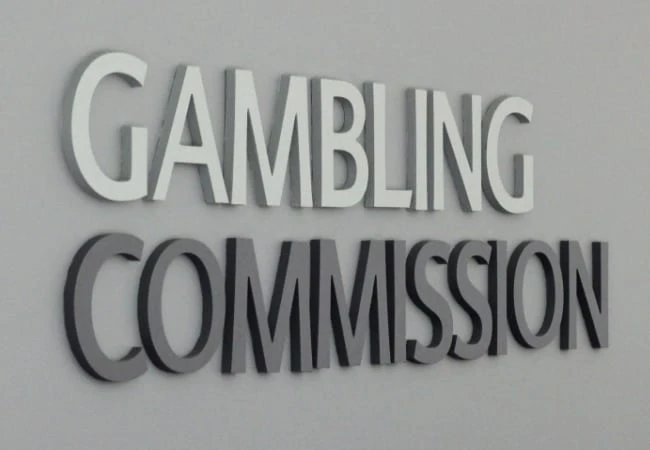Experts react to record William Hill regulatory action

The Commission imposed the settlement on William Hill Group and its subsidiaries over a number of serious social responsibility and anti-money laundering (AML) failings, which took place between 2020 and 2021.
The settlement represents the largest single financial penalty ever announced by the regulator, being greater than the previous £17.0m record settlement agreed with Entain in August 2022.
Lloyd Firth, counsel in WilmerHale’s UK white collar defence and investigations practice, said that the high amount “appears to be both a consequence of the seriousness of the failings that were identified and a clear signal to the UK gambling industry that the Commission is willing and able to take significant regulatory enforcement action”.
However, Firth emphasised that, rather than being a sign that enforcement was being dialled up, the outcome should be seen as a continuation of the consistent enforcement action taken by the regulator over the previous years.
This is a sentiment echoed by Nicola Finnerty, partner in the criminal litigation team at Kingsley Napley LLP, who argued that the actions saw the regulator “reinforcing” its position as one of the most assertive of the UK’s anti-money laundering supervisors.
Threat of licence suspension
In a statement accompanying the regulatory settlement, Commission CEO Andrew Rhodes said that the uncovered failings were “so widespread and alarming” that serious consideration was given to licence suspension.
In the end, the Commission did not opt to go down this path, but Finnerty argued that talk of suspension may have proved conducive for encouraging cooperation from William Hill.

“While we have yet to see a suspension of a major high profile gambling operator, clearly the threat alone provides motivation for early engagement.”
Firth said that the imposition of a significant financial penalty is not mutually exclusive with licence suspension, and that both could be used in combination depending on the appropriate circumstances.
“Suspension of a licence may be appropriate, for example, where there are concerns about serious ongoing breaches and a period of suspension is deemed necessary to allow the operator to remedy the breaches,” he said.
“In determining the appropriate outcome, the Commission will have regard to its published statements of principles – for licensing and regulation and for determining financial penalties – and indicative sanctions guidance. However, the policies are not prescriptive.
“The outcome will be based on an assessment of the risks, the wider circumstances of the case and the range of options available.”
Licensing conditions
In addition to the financial penalty, the Commission also will require additional licensing conditions from William Hill in future. Going forward, a board member must oversee an improvement plan, and a third party audit is to be initiated to test the effectiveness of the business’ safer gambling and AML policies.
According to Firth, these changes are “designed to strengthen senior executive accountability and test the everyday effectiveness of the compliance framework and will undoubtedly help to improve the compliance function”.
On the other hand, Finnerty argued that these changes are a “practical and effective” way for the Commission to ensure ongoing monitoring of the companies in question without further drawing on the Commission’s resources.
She also highlighted the regulator’s decision to emphasise the role that technology plays in detecting gambling harms or criminal risk more quickly.
“This should be taken as a signpost for all gambling businesses to consider what technologies they could or should be looking at to strengthen their own systems and controls,” said Finnerty.
AML implications
According to Mike Ward, executive chairman of UK source of funds and AML fintech business Armalytix, the regulatory payment illustrates how the AML landscape is changing more generally.
He argued that there is an increasing acceptance in many sectors that source of funds checks are not at the level required for the new standard.
“What’s toughest for the gambling sector is that there’s no specific guidance, it is more of a principle based system. But then I would also say that most sectors are in a similar situation.”
Ward also emphasised that the relationship between different sectors was important, since criminal activity may move from one industry to another depending on the shifting competencies of AML regimes.
He added that in the future, this may mean that online gaming faces increased AML pressures as other sectors tighten up their practices.
“But if we talk about it purely from a money laundering standpoint, there’s little doubt in my mind that, not for any fault of their own, online game gambling is going to be increasingly targeted by money laundering.”
